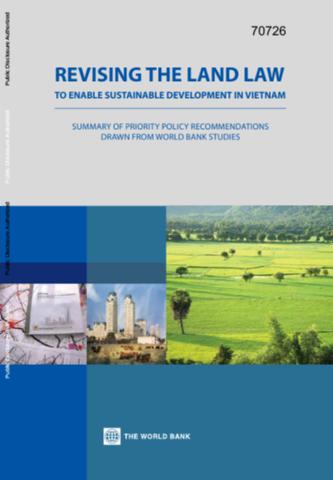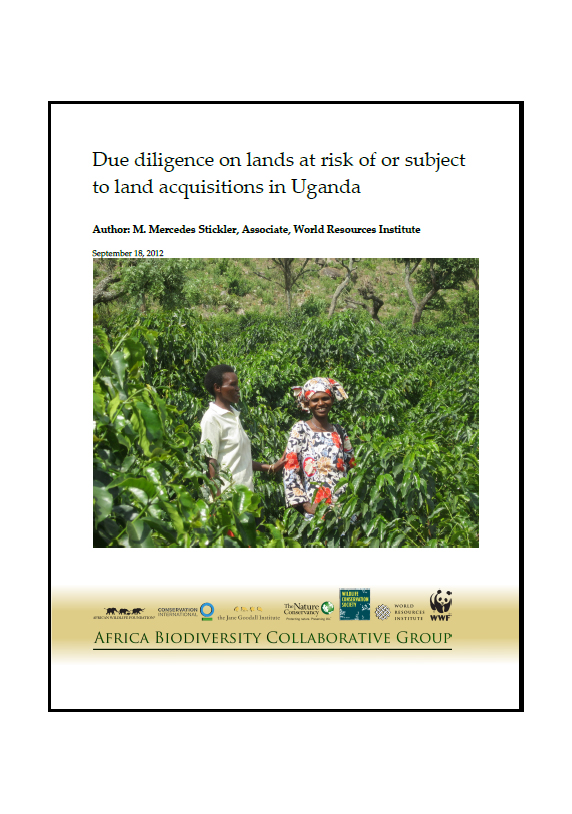Women’s land rights and gender justice in land governance: pillars in the promotion and protection of women’s human rights in rural areas
Across the developing world, rural women suffer widespread gender-based discrimination in laws, customs and practices cause severe inequalities in their ability to access, control, own and use land and limit their participation in decision-making at all levels of land governance.




